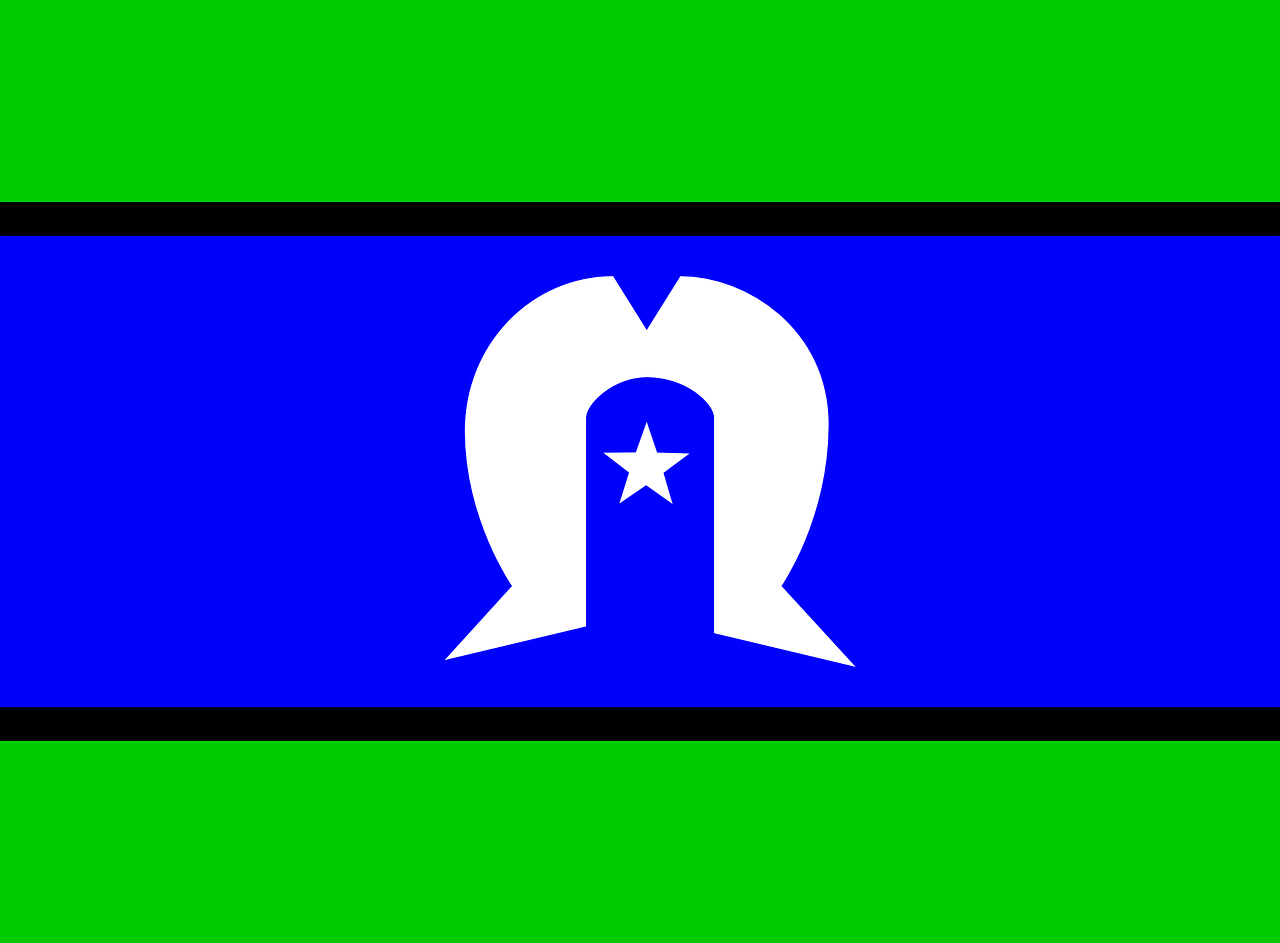Bill is a proud Torres Strait Island man and a Traditional Owner. He lives on a remote island with English as his second language and shares responsibility for ceremonies and hunting.Bill has cultural responsibilities for teaching and training many children in his local and home community. He teaches them traditional hunting, fishing and dancing and shares songs and stories in language. He teaches respect and kindness through his interactions and is valued as a positive role model by the adults of the community.For over a decade he has also cared for his wife’s grandchildren and was approved as a “kinship carer” who is able to offer the children stability and care. He’s had a Blue Card (government approval to work with children) since 2006.His wife of many years has a number of physical disabilities and Bill provides invaluable support.
In certain stressful periods of his life, Bill used alcohol inappropriately and was convicted of minor offences as a result. He was ashamed of his behaviour and although the offending was never in the presence of children, he wanted to do better. He reached out over fives years ago and learnt strategies for managing stress and reducing his alcohol use. Other community members have noticed a change and even adopted some of his new approaches.
But in 2017, Blue Card Services refused to renew his approval to work with children although none of Bill’s offences was recent or serious. Without a Blue Card, Bill couldn’t be a kinship carer and live with the grandchildren – he had to move out. His wife couldn’t care for the grandchildren by herself, so relied on other members of the community.
Bill asked the Queensland Civil and Administrative Tribunal (QCAT) to review Blue Card Services’ decision and they connected him to LawRight. Danae Younger of Counsel provided pro bono representation at his hearing and LawRight helped him prepare materials. Given Bill’s remote location, shame about the past, minimal English and limited access to the internet, this was a complex process, but Bill persisted.
The Tribunal set Blue Card Services’ decision aside and ordered Bill be issued with a Blue Card. His two-year ordeal was over and he has returned to his responsibilities in his community.Bill told us, via his support worker:“In our language, I would like to say “Mina big Esso” (really big thank you).
The damning over-representation of Indigenous children in care (34 times more likely than non-indigenous children) is one of the truths referred to in The Uluru Statement from the Heart when it laments: Our children are aliened from their families at unprecedented rates. This cannot be because we have no love for them.
LawRight echoes this lament in our story of Bill which cannot be separated from its background of complex, negative interactions between the child protection system, the working with children frameworks and lack of resources in remote First Nations communities.Individual impacts change lives but LawRight is also committed to structural change and will keep working with First Nations communities and decision-making agencies to shift perspectives and improve practices.
*Not his real name
